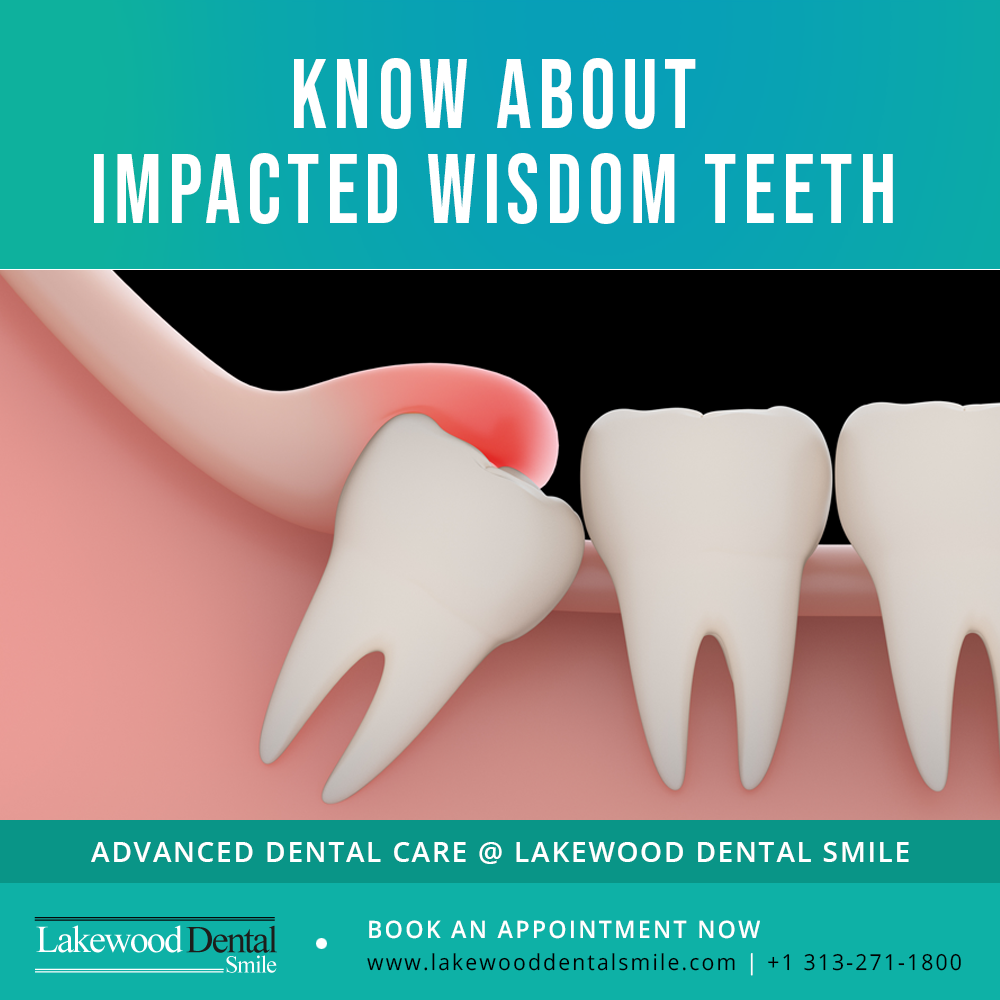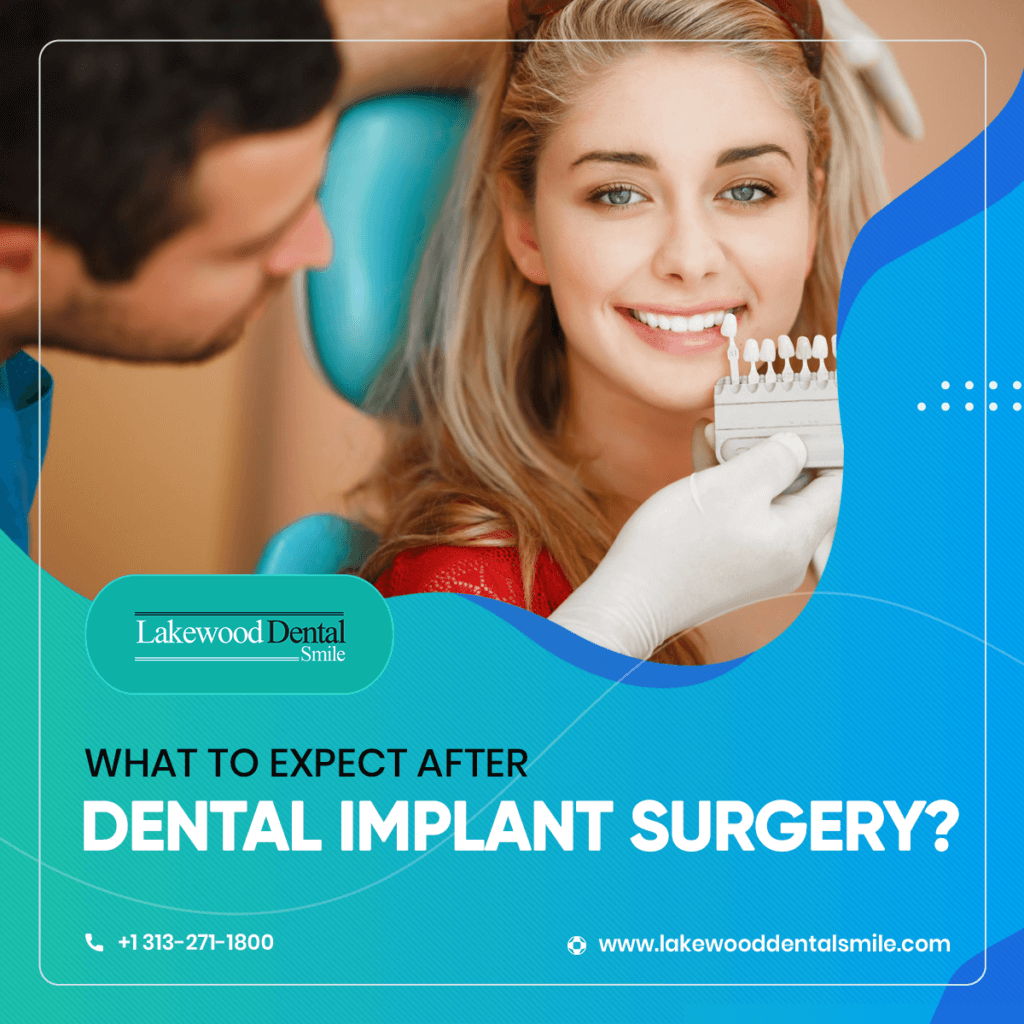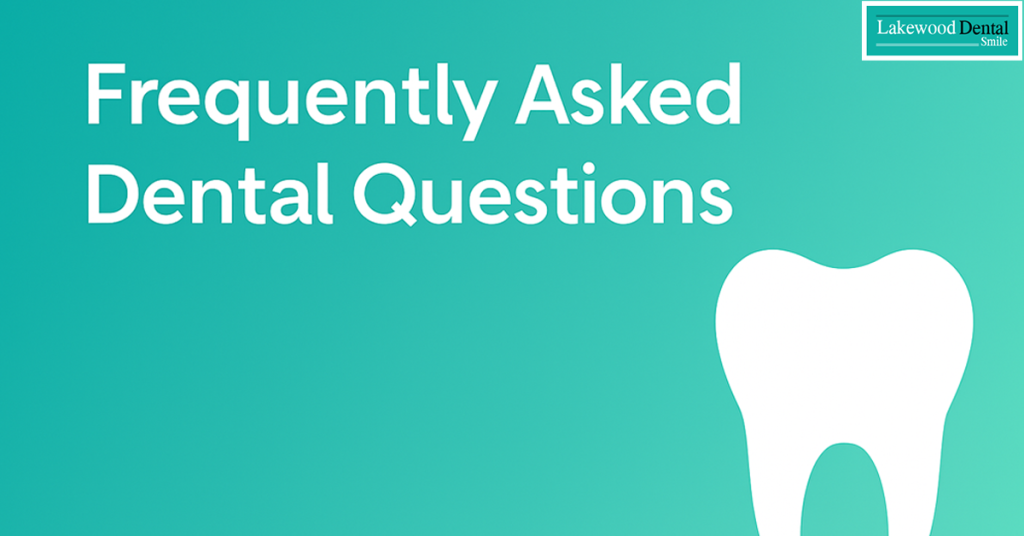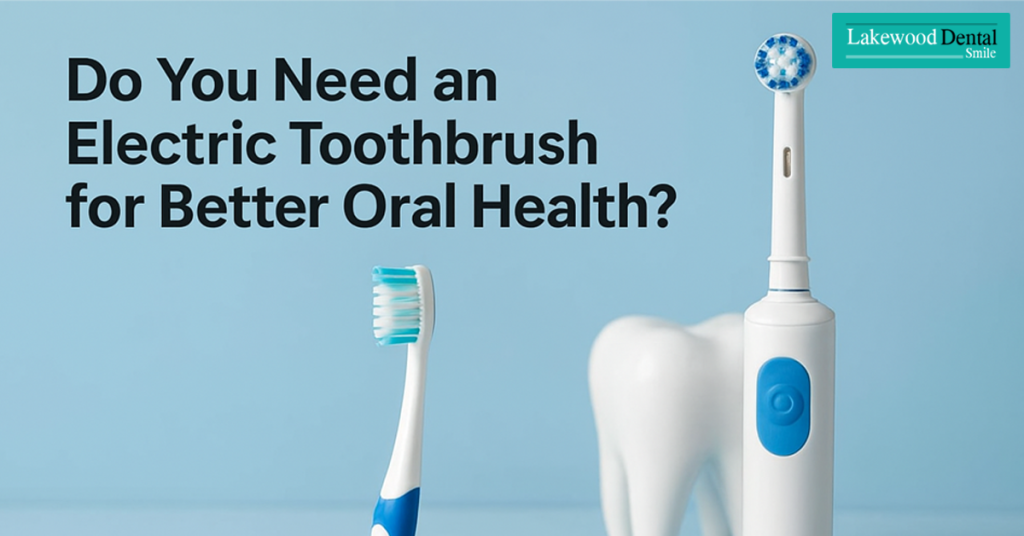Your mouth changes constantly as you grow, and one major milestone is the eruption of impacted wisdom teeth. These molars usually appear between ages 17 and 30. When they emerge correctly, they help with chewing, but when there isn’t enough space, they can become impacted—stuck beneath the gum or misaligned—causing pain, swelling, and even infection.

Early recognition is essential. Below are five smart signs that signal it may be time to visit your dentist for professional evaluation.
1️⃣ Persistent Jaw Pain
The first noticeable symptom of impacted wisdom teeth is jaw discomfort. As these teeth push through incorrectly, they press against neighboring teeth and bone, creating deep, radiating pain. If left untreated, the discomfort can spread to the ear or head. Timely dental assessment can prevent further nerve irritation and crowding.
2️⃣ Swollen or Tender Gums
When wisdom teeth struggle to break through the gum line, inflammation follows. You may notice redness, puffiness, or bleeding while brushing. These are early signs of infection known as pericoronitis. Rinsing with warm salt water can offer temporary relief, but professional care is vital to stop bacteria from spreading deeper into the tissues.
For similar gum irritation linked to misalignment or gaps, many patients explore dental implants to restore balance and chewing comfort.
3️⃣ A Tight or Crowded Feeling in the Mouth
As the new molars push forward, they create unwanted pressure on adjacent teeth. This pressure results in stiffness when opening or closing your mouth. Over time, the crowding may alter your bite alignment, affecting speech and chewing. Addressing impacted wisdom teeth early helps maintain a naturally aligned smile without further orthodontic intervention.
4️⃣ Facial Swelling or Jaw Stiffness
Another telltale sign is swelling around the cheeks or jawline. When infection develops under the gum, the body reacts by sending extra fluid and white blood cells to the area, causing visible puffiness. Cold compresses can temporarily ease the inflammation, but the underlying infection requires prompt dental treatment to avoid cyst formation or bone damage.
5️⃣ Persistent Bad Breath or Unpleasant Taste
When food particles get trapped around impacted wisdom teeth, they decay and produce foul odor. Persistent bad breath or a bitter taste even after brushing is a red flag. Proper oral hygiene helps, but only extraction or cleaning by a dentist can fully eliminate the source.
When Is Removal Necessary?
Removal is typically recommended when wisdom teeth cause pain, infection, cysts, or damage to nearby teeth. Even if you don’t have symptoms, preventive removal may be suggested after an X-ray evaluation. Modern wisdom tooth extraction procedures are safe, quick, and performed under local anesthesia for maximum comfort.
Aftercare and Recovery
Maintaining oral hygiene plays a huge role in preventing complications. Regular flossing and antibacterial rinses reduce plaque buildup. Patients who have undergone wisdom-tooth removal should follow soft-food diets and gentle rinsing for the first few days.
After extraction, it’s important to follow proper care instructions:
- Apply ice packs to reduce swelling.
- Eat soft foods for the first 24–48 hours.
- Avoid using straws or smoking, as these may delay healing.
- Rinse gently with salt water after meals to keep the area clean.
With proper care, most patients recover completely within a week.
Professional Care for Impacted Wisdom Teeth
If you suspect you have impacted wisdom teeth, don’t delay a dental visit. Early detection helps prevent pain and complications. Learn more about wisdom teeth removal or other related oral surgery options for safe, effective treatment.
At Lakewood Dental Smile, our dental specialists provide careful evaluation, modern diagnostic imaging, and comfortable removal procedures to ensure long-term oral health. Schedule your consultation today and take the first step toward a healthier, pain-free smile.




